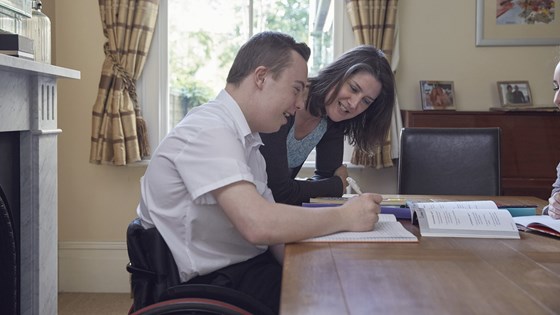The 'Broken Record' is a tool that could help you be more assertive. All you have to do is keep repeating your point of view, and not get distracted by the other person's comments or arguments.
For example:
Friend: I dare you to steal some vodka from that shop?
You: No thanks, I don't really want to.
Friend: Go on, don't be such a baby.
You: No, I don't want to.
Friend: You'd do it if you were really my mate.
You: No, I just don't want to do it.
You could suggest something else to do instead. You could offer to go to the cinema with your friend after school, instead of stealing from a shop.
You should only suggest things that you'd feel happy to do.









